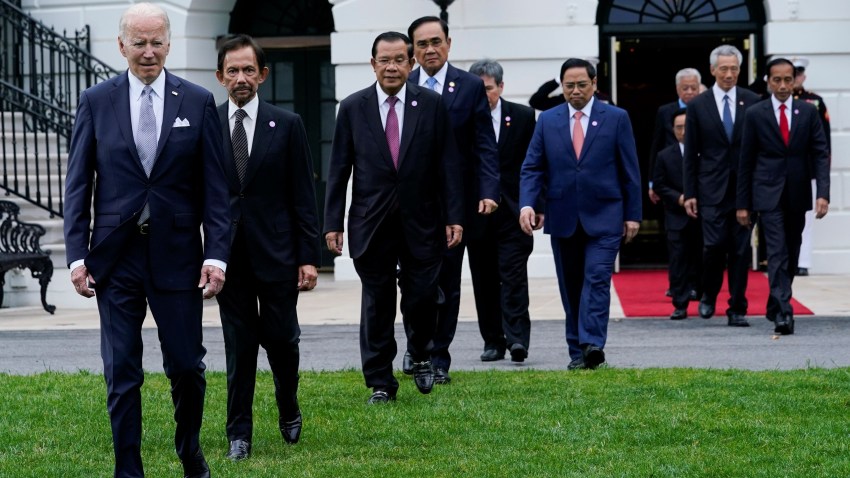Joshua Kurlantzick

While one could reasonably expect this to negatively affect China’s standing in the region, the opposite is the case. According to a striking and comprehensive new study by the Australian think tank the Lowy Institute, China’s influence in Southeast Asia has soared in the past five years. Not only that, but China’s rising influence has come largely at the expense of the United States, which is seeing its own influence rapidly ebb in one of the most vital arenas of competition between Beijing and Washington.
The Lowy Institute’s report, titled, “Asia Power Snapshot: China and the United States in Southeast Asia,” used a variety of indicators to rank the two countries’ regional influence across four categories: economic relationships, defense networks, diplomatic influence and cultural influence. It concludes that the U.S. “has lost influence to China in Southeast Asia over the past five years in all four.” Similarly, a recent study by the ISEAS Yusof-Ishak Institute in Singapore found that a majority of respondents in a poll found that China was now the most dominant economic and political-strategic power in Southeast Asia.
No comments:
Post a Comment